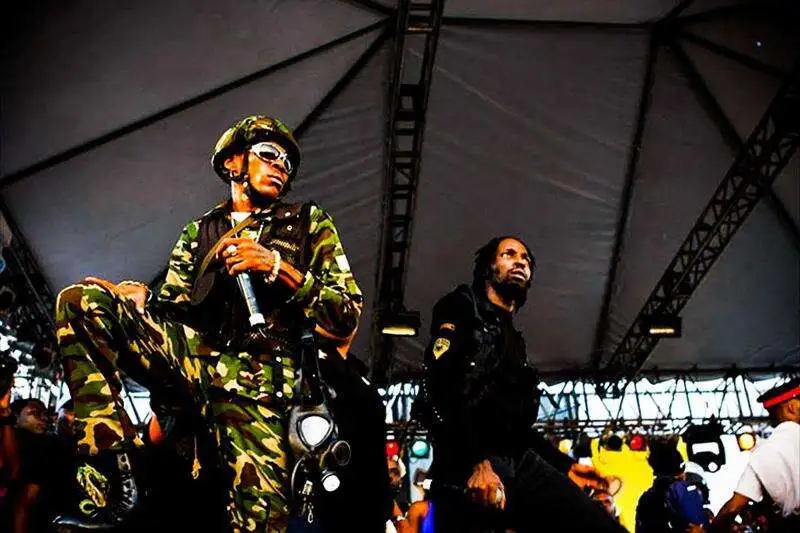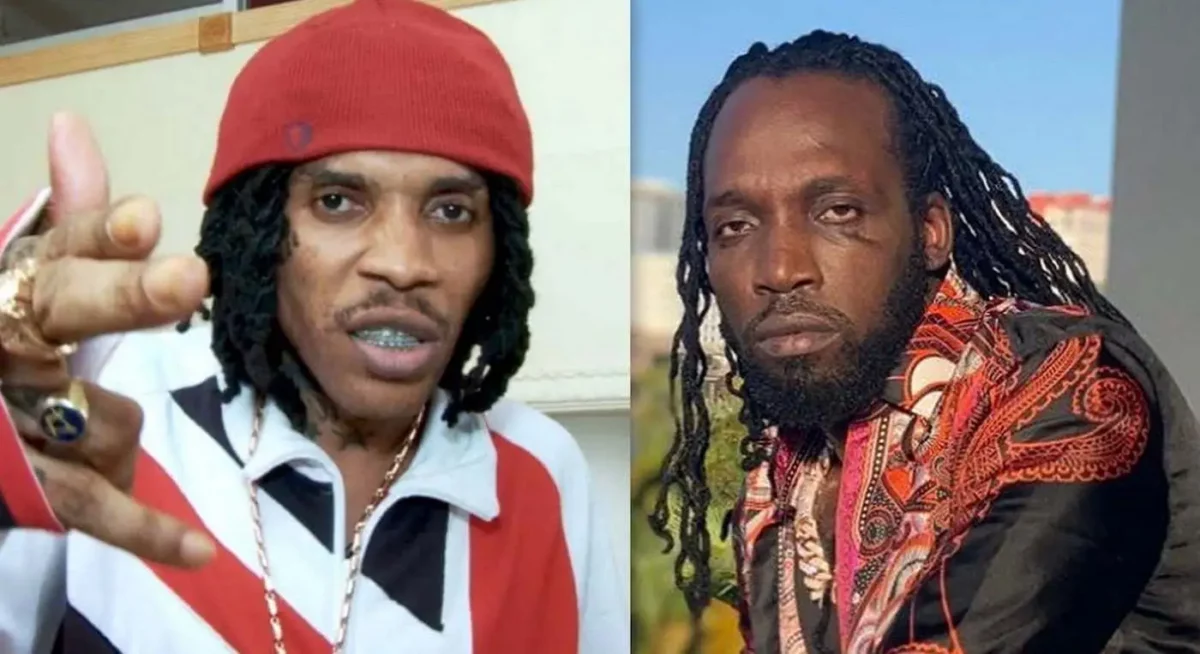“Empire, empire forever, we seh Gaza…” has never resonated more with a Kartel fan in the past decade as it did this morning, waking up to the news of Vybz Kartel’s release.
A living dancehall legend, the artist, real name Adidja Palmer was arrested in 2011 along with three other men for the murder of their associate Clive “Lizard” Williams, whose body has never been found. In 2014, Palmer was sentenced to 35 years in prison, later reduced on appeal to 32 and a half.
However, despite his legal struggles, Vybz maintained a cult-like following from his fans, the Gaza Empire movement revered the world over, particularly the youth who wanted to identify with the outfit of their favorite artist. During the early 2010s, the Gaza Empire was an identity cultivated on the streets, neighborhoods, and even in learning institutions.
I can recall my days at Ambira Boys High School, during the height of the Gully vs. Gaza feud, how different factions of the student body clashed during the entertainment session on whose music would be played, Mavado (David Constantine Brooks) or Vybz Kartel, at times culminating into fist fights—a testimony of the movement’s effect on the world over.
The dancehall scene has been shaped by numerous rivalries, but none have been as impactful or as intense as the feud between Vybz Kartel and Mavado. This beef, which began in the mid-2000s, transcended music and influenced Jamaican culture profoundly.

The rivalry started over competition for dominance in the dancehall scene, with both Vybz Kartel and Mavado vying for the top spot. Their fierce competition quickly escalated into a public feud, capturing the attention of fans and media alike.
As with many musical rivalries, the beef between Kartel and Mavado was marked by a series of diss tracks. Kartel’s “War Teacher” and Mavado’s “Last Night” were notable examples of their lyrical warfare. These tracks not only showcased their lyrical prowess but also added fuel to the fire of their ongoing conflict.
The feud extended beyond music, creating a divide among fans. Mavado’s supporters became known as “Gully,” while Kartel’s fans identified as “Gaza.” This division wasn’t just symbolic; it often led to physical altercations and violence among fans, a testament to the deep-seated loyalties each artist commanded.
The rivalry reached its peak during high-profile performances and clashes, such as the 2008 Sting clash. This event saw both artists face off on stage, delivering memorable performances that highlighted the intensity of their feud. These public showdowns became legendary moments in dancehall history.
The media played a significant role in escalating the feud. Numerous reports, interviews, and commentaries fueled the conflict, keeping it in the public eye and amplifying the drama. The press coverage often sensationalized the rivalry, contributing to its lasting legacy.
There were attempts to end the feud, including a high-profile meeting mediated by the Jamaican government in 2009. This meeting led to a temporary truce, but tensions occasionally flared up again. Despite these efforts, the rivalry remained a defining aspect of both artists’ careers for several years.
Over time, the intensity of the feud diminished. Both artists have since moved on to focus on their careers and personal lives. Vybz Kartel has been incarcerated since 2011, impacting his ability to engage in the feud directly. Mavado has also faced legal and personal challenges but continues to produce music.
The feud had a significant impact on dancehall culture, influencing countless artists and shaping the genre’s landscape. It highlighted the potential for violence and division within the music community, prompting calls for unity and positive representation. Despite the negative aspects, the rivalry also showcased the immense talent and passion within dancehall music, cementing both Kartel and Mavado as legends in the genre. The rise of Gengeton culture in Kenya is attributed to the impact of Kartel and Mavado’s music.
The beef between Vybz Kartel and Mavado remains a defining chapter in dancehall history. Remembered for its intensity and the lasting influence it had on the genre, this rivalry captivated fans and left an indelible mark on Jamaican music.
















